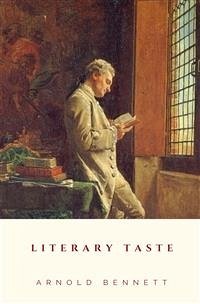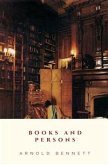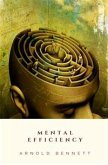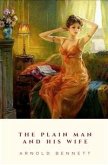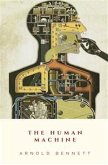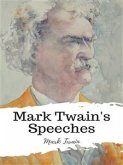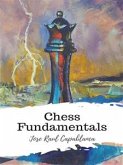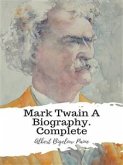The aim of literary study is not to amuse the hours of leisure; it is to awake oneself, it is to be alive, to intensify one's capacity for pleasure, for sympathy, and for comprehension. It is not to affect one hour, but twenty-four hours. It is to change utterly one's relations with the world. An understanding appreciation of literature means an understanding appreciation of the world, and it means nothing else. Not isolated and unconnected parts of life, but all of life, brought together and correlated in a synthetic map! The spirit of literature is unifying; it joins the candle and the star, and by the magic of an image shows that the beauty of the greater is in the less.
Bitte wählen Sie Ihr Anliegen aus.
Rechnungen
Retourenschein anfordern
Bestellstatus
Storno

